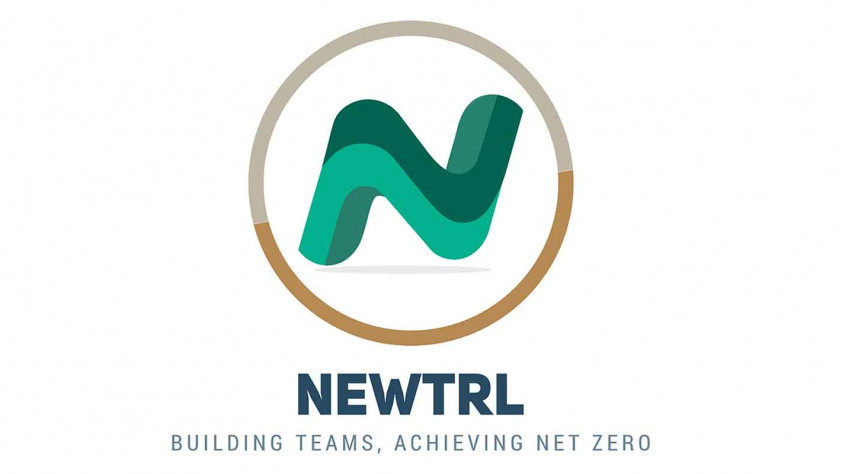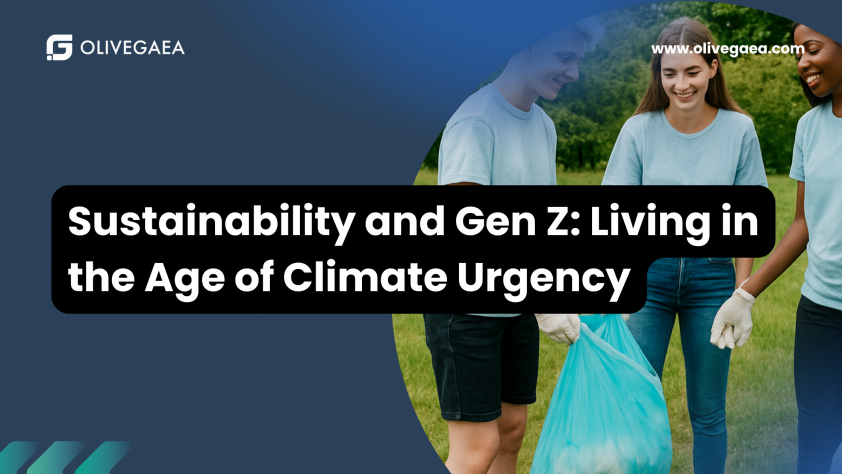If there’s something that the current Covid-19 pandemic has taught us, it is that the world we live in has no borders. The Earth, and life on it, is interconnected: what happens in one part of the planet has direct consequences on all of us, no country excluded.
In this sense, climate change is not different from the pandemic.
It is no secret that the UAE is classified among the categories of countries with the highest rate of vulnerability to the impacts of climate change in the world. The UAE’s infrastructure, human health, and natural habitat are set to face the growing pressure of warmer weather, less precipitation, droughts, and increased sea levels that inaction will necessarily bring.
Tackling the root causes of global warming is the only way we have to successfully address our time’s greatest challenge.
Beyond greenhouse gasses that human activities pour into the atmosphere, climate change is currently fuelled by deforestation. This latter, in fact, is responsible for 15% of global carbon emissions, more than all cars in the U.S. and China combined.
Despite knowing this, we lose 40 football fields of rainforests every single minute. By the time you will finish reading this article, over 20 hectares of tropical rainforests, the Earth’s oldest living ecosystem, will have disappeared, further accelerating climate change.
Why should we care about it in the UAE? Because rainforests have an outsized role in the world and are essential to our survival, wherever we live. Despite only covering 2% of the planet’s surface, they are responsible for more than 25% of all Western medicine and are home to half of the world’s plant and animal species.
More than that, trees are the most efficient carbon-absorbing machines we know today.
Science tells us that if we want to mitigate the impact of climate change, we must limit global warming to 1.5 degrees Celsius above pre-industrial levels. This means that we must necessarily cut carbon emissions by 50 percent, the equivalent of 23 gigatons of CO2, by 2030. As the population, and with its consumers and new markets grow, this is a massive task.
However, according to the UNEP, nature-based solutions such as reforestation, ecosystem protection and rewilding represent 30% of the opportunity to address climate change. Yet again, they only receive 3% of global funding.
This must change. And this is why at Olive Gaea we’re all about bringing reforestation and natural climate solution projects to the fingertips of individuals and businesses alike, with a special focus on tropical rainforests from Brazil through to Columbia.
Our goal is to finally put conservation and reforestation at center stage, making carbon offsetting easy, convenient, and affordable while helping everyone, anywhere, anytime to build a resilient climate future. We do so by calculating our customers’ carbon footprint following the ISO 14064 on greenhouse gas emissions and the Greenhouse Gas Protocol methodology and then offsetting it via natural climate solution projects that are verified by trusted parties such as Verra and Plan Vivo.
Reforestation alone won’t be enough to stop climate change: we know that it must necessarily go hand in hand with emerging new technologies and sustainable strategies that reduce the environmental footprint in the first place.
Yet, in our interconnected world, caring for our rainforests will play a critical role in driving action and achieving the Paris Agreement targets. Ultimately, this is why caring for rainforests from the UAE will be key to building a resilient climate future for us and the generations to come.

